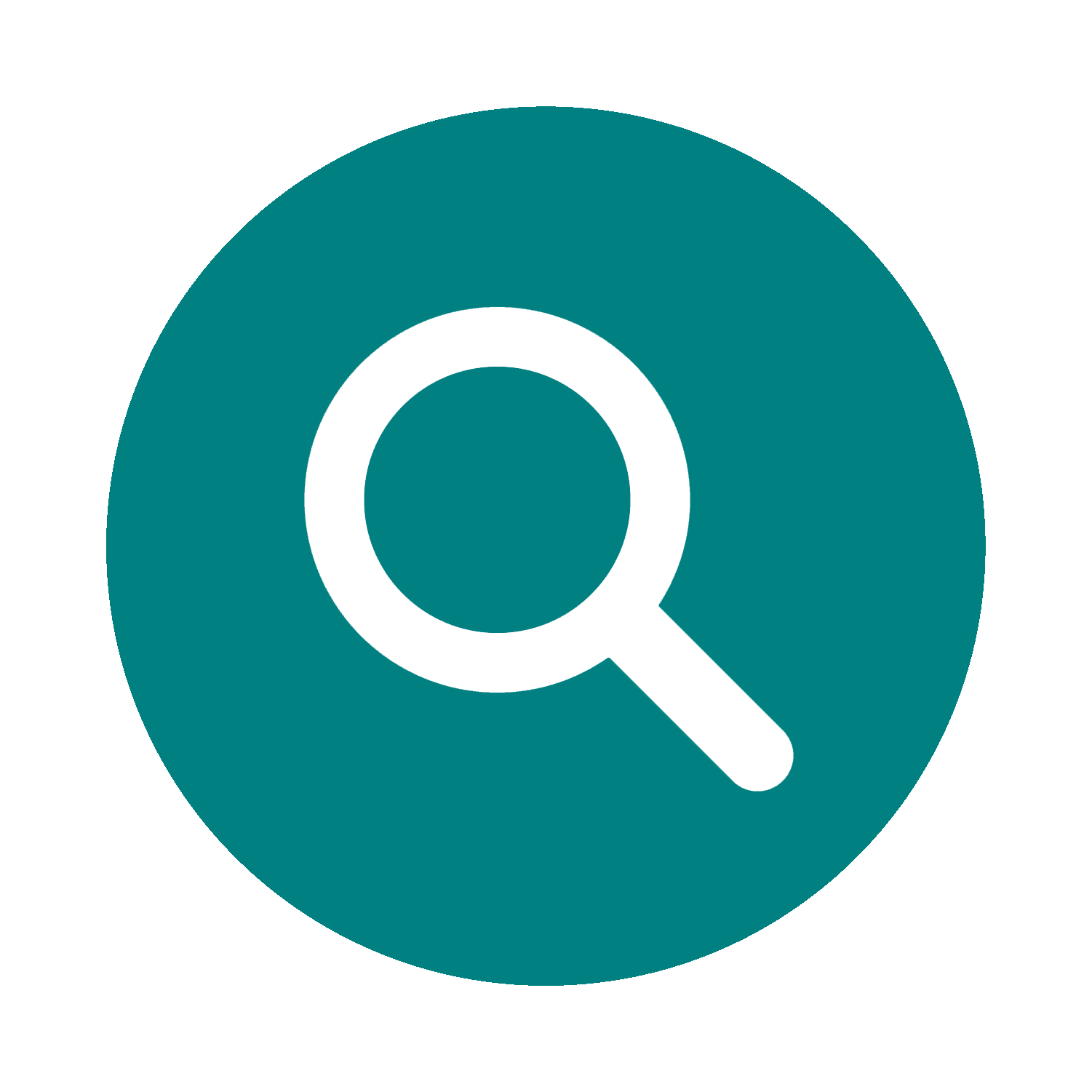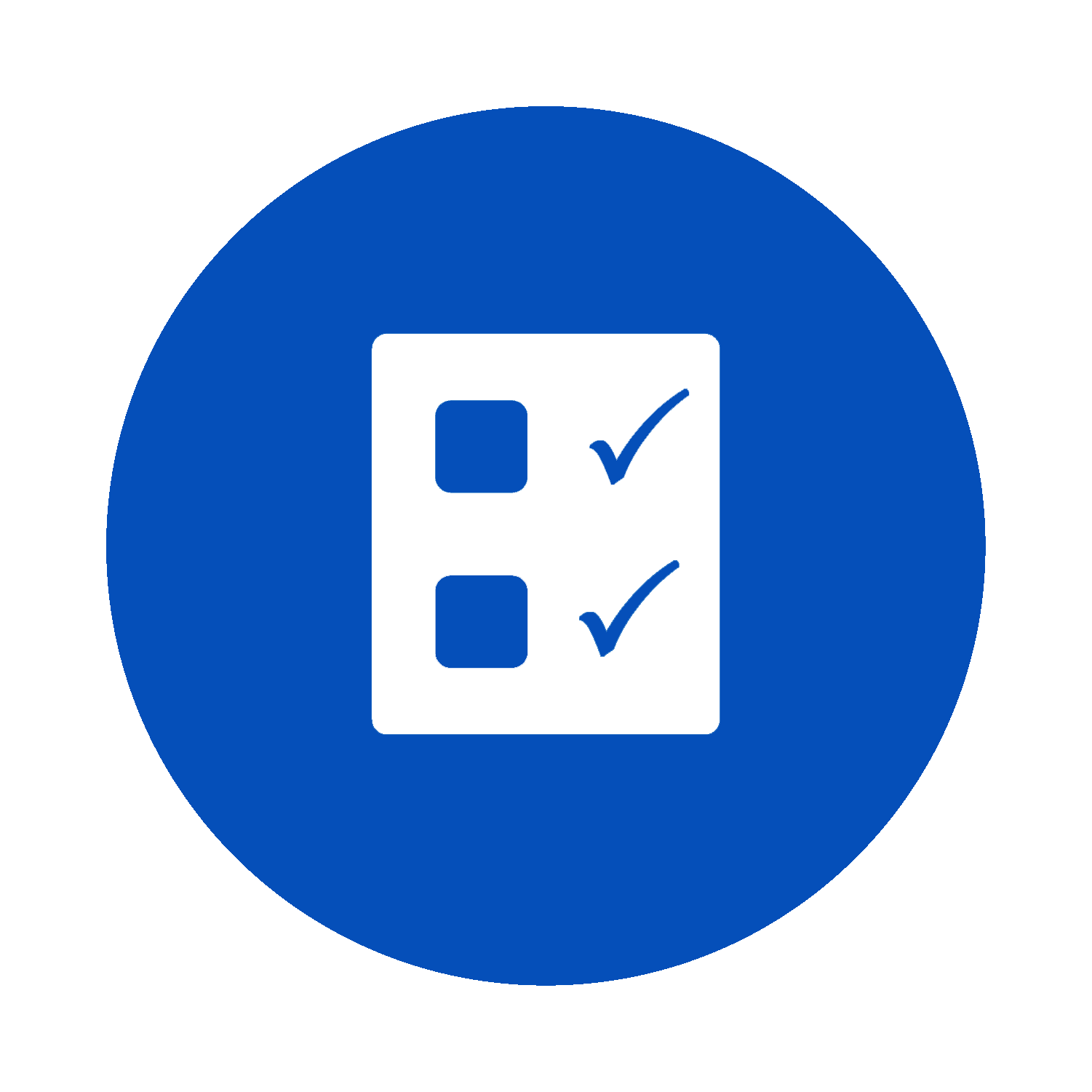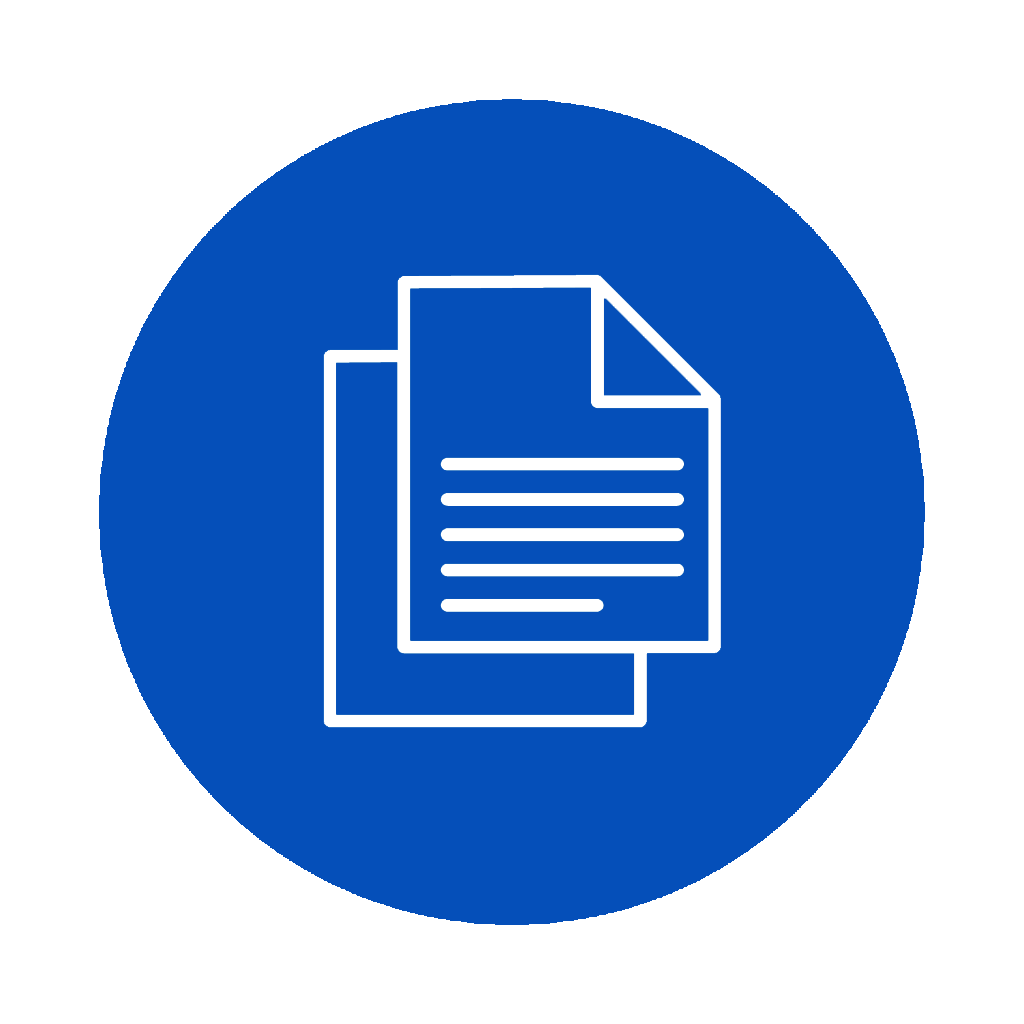Chapter 01. Introduction to Internal Auditing
01.03. The Role and Scope of Internal Auditing

Key Questions
![]() Briefly reflect on the following before we begin:
Briefly reflect on the following before we begin:
- What are the core functions and responsibilities of the internal audit function within an organization?
- How does the scope of internal auditing differ from that of external auditing?
- In what ways do internal auditors balance their compliance and consultative roles within an organization?
As we have discussed in the previous section, internal auditing is critical in organizational governance and risk management, providing independent and objective assessments to enhance organizational effectiveness and efficiency. This section delves into the fundamental aspects of defining the role and scope of internal audit within modern business environments. By understanding internal auditors’ core functions and responsibilities, stakeholders can grasp their pivotal role in ensuring accountability, transparency, and compliance within their organizations.
As we navigate the complexities of modern internal auditing practices, it becomes imperative to delineate the scope and boundaries of the profession. Internal auditors engage in a multifaceted role beyond traditional financial oversight, from evaluating compliance with regulatory requirements to offering consultative insights for process improvement. Moreover, the distinction between internal and external audit functions becomes essential in understanding the complementary yet distinct roles in safeguarding organizational assets and interests. By elucidating these distinctions and exploring the ethical principles and independence underpinning internal audit activities, stakeholders can understand the profession’s significance in driving organizational success and resilience.
 Internal Audit in Action
Internal Audit in Action
Background
Greene Power Inc., an innovative renewable energy company, has rapidly expanded its operations globally. With this growth, the complexity of regulatory compliance across different jurisdictions increased significantly. The internal audit function, traditionally focused on financial compliance, found itself at a crossroads, needing to address broader compliance issues while maintaining its advisory role.
The Challenge
Greene Power faced several regulatory challenges, including environmental regulations, international trade laws, and data protection rules. The internal audit team needed to ensure the company complied with these regulations while also acting as a strategic advisor to the business, helping to navigate the risks associated with expansion.
Strategic Approach
The internal audit team redesigned their plan to include a balanced focus on compliance audits and consultative projects. For compliance, they developed a comprehensive audit program tailored to the specific regulatory requirements of each jurisdiction in which Greene Power operated. Simultaneously, they initiated consultative projects to streamline processes, enhance risk management practices, and advise on strategic initiatives.
Implementation and Outcome
One notable project involved a consultative audit of Greene Power’s supply chain management in response to new international trade laws. The audit team worked closely with the supply chain department to assess the potential impacts of these laws. It developed a strategic plan to mitigate risks, such as diversifying suppliers and renegotiating contracts. This approach ensured compliance and strengthened Greene Power’s position in the market.
Reflection
This scenario illustrates the dual role of internal auditors as both guardians of compliance and strategic advisors. By balancing these roles, Greene Power’s internal audit function contributed significantly to the company’s success, demonstrating the broad scope of modern internal auditing beyond financial checks.
Core Functions and Responsibilities of Internal Auditors
Internal auditors play a pivotal role in organizations. They offer objective assurance and consulting services. Their work improves an organization’s operations. They aim to add value and optimize business processes. This involves evaluating and improving the effectiveness of governance, risk management, and control processes.
The core functions of internal auditors encompass several key responsibilities:
- Assessing Risks and Controls: They evaluate the adequacy and effectiveness of internal controls. This includes reviewing whether organizational objectives are met efficiently and effectively.
- Ensuring Compliance: Auditors check compliance with laws, regulations, and internal policies. They identify compliance risks and recommend ways to address them.
- Advising Management: They provide insights and recommendations to management. This helps in making informed decisions. They also suggest improvements in processes, controls, and governance.
- Promoting Ethics: Internal auditors uphold and promote ethical and business standards. They contribute to the integrity and accountability within the organization.
- Safeguarding Assets: They review systems and processes to safeguard assets. This includes preventing and detecting fraud and misuse of resources.
- Enhancing Efficiency: They identify opportunities to enhance efficiency and effectiveness in operations. They suggest improvements for cost reduction and resource optimization.
- Reporting: Internal auditors communicate findings and recommendations to management and the board. They prepare reports that provide insight into audit results and suggest improvements.
These functions are integral to an organization’s success. They support a culture of accountability and continuous improvement. Internal auditors act as a catalyst for effective management of risks and controls. They help ensure that the organization achieves its strategic objectives.
The Scope of Modern Internal Auditing Practices
The scope of modern internal auditing practices has expanded significantly, encompassing more than just financial audits. It covers operational, compliance, and strategic functions to cater to the changing needs of organizations and the dynamic nature of business environments. Internal auditors now play a vital role in assessing organizational risks and controls. Their work includes reviewing the effectiveness of internal controls, governance processes, and risk management procedures. This comprehensive approach helps organizations achieve their objectives and manage risks effectively.
Furthermore, internal auditing practices now emphasize a proactive, consultative role. Auditors collaborate with management to identify potential improvements and support the implementation of solutions. This consultative approach strengthens the organization’s ability to anticipate and respond to challenges. Compliance remains a core component of internal auditing. However, modern practices go beyond ensuring compliance with laws and regulations. They also promote ethical practices and support the organization’s strategic objectives. Sustainability and corporate social responsibility (CSR) have also become part of the scope of internal audits. Auditors evaluate the organization’s sustainability initiatives and CSR efforts, ensuring they align with strategic goals and ethical standards.
Lastly, the scope of internal auditing now includes a focus on culture and behaviour. Auditors assess the organizational culture, looking for alignment with stated values and ethical standards. This aspect of auditing is critical for fostering integrity and accountability within organizations.
Internal Audit’s Role in Organizational Success
Internal audit’s role in organizational success is pivotal. This function facilitates compliance and risk management, drives improvement, and adds value. Internal auditors assess the organization’s operations, identifying areas for enhancement. They work closely with management to refine processes, ensuring alignment with strategic goals. Their role extends to fostering a culture of accountability and continuous improvement. By identifying inefficiencies and recommending improvements, they help streamline operations. This can lead to cost savings, better resource allocation, and enhanced operational efficiency.
Internal auditors also play a crucial role in risk management. They help identify and assess risks, ensuring management has effective mitigation strategies. This proactive approach to risk management supports organizational resilience, enabling the organization to anticipate and respond to challenges. Moreover, internal auditors contribute to the integrity and reliability of financial reporting. By assessing controls over financial reporting, they help prevent and detect errors and fraud. This supports the accuracy of financial statements, which is crucial for maintaining stakeholder trust.
Aiding decision-making, internal auditors provide management with insights and recommendations based on their audits. This informed advice can guide strategic decisions, contributing to the organization’s success. Internal auditors also ensure compliance with laws, regulations, and internal policies. This minimizes legal and regulatory risks, protecting the organization from fines, penalties, and reputational damage. Furthermore, internal auditors contribute to effective and ethical governance by evaluating the organization’s governance processes. They ensure that governance structures support accountability, transparency, and stakeholder confidence. Internal auditors strengthen organizational values by promoting a culture of ethics and compliance. They play a crucial role in upholding ethical standards and fostering an ethical culture. This is essential for maintaining the organization’s reputation and stakeholder trust.
Internal auditors have a dual role that encompasses both compliance and consultation. This blend is crucial for enhancing organizational governance, risk management, and control processes.
| Compliance Role | Consultative Role |
|---|---|
| The compliance role ensures that the organization adheres to laws, regulations, policies, and procedures.
Auditors conduct audits to assess the effectiveness of internal controls designed to manage compliance risk. This role is fundamental in protecting the organization from fines, penalties, and reputational damage. In their compliance role, auditors identify areas where the organization might be at risk of non-compliance. They provide recommendations to rectify these issues. This work is essential for maintaining trust with regulators, investors, and the public. |
Conversely, the consultative role of internal auditors focuses on adding value and improving an organization’s operations.
This role involves advising management on managing risks better and improving processes. Auditors share best practices and insights gained from their audits and industry knowledge. In their consultative capacity, auditors work collaboratively with management. They help design solutions for business challenges, optimize processes, and enhance efficiency. This role supports strategic objectives and fosters a culture of continuous improvement. |
Balancing the compliance and consultative roles requires skill, discretion, and a deep understanding of the business. Auditors must maintain their objectivity and independence while strategically advising the organization. This balance is crucial for internal auditors to be seen as trusted advisors. They support compliance requirements and contribute to the organization’s success and resilience.
Differentiating Internal and External Audit Functions
As we discuss the role of internal auditors, let’s examine and contrast the role of internal and external auditors in an organization.
Internal auditors are part of the organization. They provide ongoing assessments of business processes and internal controls. Their primary goal is to add value and improve the organization’s operations. They focus on future outcomes and ways to enhance governance, risk management, and control processes. Internal auditors report to senior management and the board through the audit committee. This reporting structure supports their independence and objectivity within the organization. It allows them to evaluate and improve internal processes across all areas of the organization. The scope of internal auditing is broad and risk-based, focusing on all aspects of the organization beyond just financial risks. Internal auditors assess operational, strategic, and compliance risks. They look at the big picture of managing risks and seek ways to strengthen the governance framework. Internal auditors have a proactive advisory role, working with management to improve processes before issues become problems. They are involved in continuous monitoring and offer recommendations for enhancements.
External auditors, on the other hand, are independent of the organization. They conduct annual audits to provide an opinion on the truth and fairness of the financial statements. Their work is primarily historical, focusing on past financial activities to ensure accuracy and compliance with accounting standards and regulations. External auditors report to the shareholders or members of the organization. Their independence from management is critical for ensuring the reliability of their audit opinion on the financial statements. The scope of an external audit is narrower, primarily focused on financial reporting risks. External auditors assess whether the financial statements are free from material misstatement due to fraud or error. Statutory requirements and accounting standards guide their work. While they may identify and communicate weaknesses in financial controls, external auditors do not provide direct recommendations for improvement. Their role is to independently verify financial information provided to stakeholders.
Ethics and Independence in Internal Audit
Ethics and independence are foundational principles in internal auditing, critical for its effectiveness and credibility. These principles guide internal auditors in performing their duties with integrity, objectivity, and professionalism. It involves adhering to values such as honesty, integrity, confidentiality, and professionalism. Internal auditors must conduct their work ethically, making unbiased judgments and providing honest assessments. They handle sensitive information with discretion and avoid conflicts of interest, ensuring their work is free from bias and influence.
Independence is essential for internal auditors to carry out their work effectively. It means operating free from interference in determining the scope of auditing, performing work, and communicating results. Independence enhances the credibility of the audit function, providing stakeholders with confidence in the audit process and findings. To maintain independence, internal audit functions are typically positioned within the organizational structure to report to a level that allows for autonomous operation. This often involves direct reporting lines to the audit committee or board, separate from the management team that the internal audit function is assessing.
Ethical guidelines for internal auditors are outlined in professional standards, such as those set by The Institute of Internal Auditors (IIA). These standards provide a framework for ethical conduct, which includes maintaining objectivity, confidentiality, and competency in their work. The requirement for independence allows internal auditors to advise management. However, auditors must ensure that these activities maintain their objectivity and independence in their audit roles when providing consultancy services. Ethical dilemmas and challenges may arise, requiring internal auditors to make difficult decisions. Adherence to moral principles and professional standards helps guide their actions. Ethical conduct and independence are not just formal requirements but integral to all stakeholders’ trust in the internal audit function.
Organizations often establish policies and mechanisms for reporting unethical behaviour without fear of reprisal to support ethics and independence. These include whistleblower programs and ethics hotlines, which help uphold the ethical culture within the organization.
Setting Boundaries: What Internal Auditing is Not
Setting clear boundaries is essential for understanding what internal auditing is not and ensuring the function’s effectiveness and integrity. These boundaries help distinguish the internal audit role from other organizational functions.
Internal auditing is not a replacement for management. While auditors provide insights and recommendations, it is the responsibility of management to implement these suggestions. Auditors do not take direct action to execute operational tasks or make management decisions. It is not the role of internal auditing to perform tasks that are part of the organization’s day-to-day operations. Their work is to assess and improve the governance, risk management, and control processes rather than to manage or execute them. Internal auditing does not serve as the organization’s sole risk manager. Although internal auditors evaluate and contribute to improving risk management processes, the ownership and management of risks lie with the organization’s management.
The function is not to enforce policy or to be a compliance officer. While internal auditors assess compliance with policies, laws, and regulations, enforcing compliance is the role of management. Auditors may highlight compliance issues but do not take on the role of compliance enforcement. Internal auditing is not limited to financial auditing. Its scope encompasses a broader range of areas, including operational, compliance, strategic, and information technology audits. The function of internal auditing focuses on the organization’s vast array of risks, not just the financial ones. It is not the function of the internal auditor to advocate for any business unit or agenda within the organization. Internal auditors must maintain an unbiased and objective stance, providing impartial assessments regardless of personal or departmental interests.
Internal auditing is not a static function. It evolves with the organization’s needs, risks, and the changing business environment. Auditors adapt their approaches and methodologies to remain relevant and effective in providing assurance and advice.
 Internal Audit in Action
Internal Audit in Action
Background
Rochdale Bank, a leading financial institution, has prided itself on its robust audit functions. However, confusion often arose among employees and stakeholders regarding the roles of internal and external auditors, leading to redundancy and inefficiencies.
The Clarification Initiative
To address this, the Chief Audit Executive (CAE) of Rochdale initiated a company-wide educational campaign. The campaign aimed to clarify the distinct roles, responsibilities, and values internal and external audit functions bring to the organization.
Strategic Approach
The CAE organized workshops and seminars and sent out informational newsletters explaining that the internal auditors’ primary role is to provide ongoing assurance on the effectiveness of risk management, control, and governance processes. In contrast, external auditors focus on verifying the accuracy of financial statements and compliance with applicable laws and regulations for stakeholders.
Implementation and Outcome
A vital outcome of this initiative was the development of a collaborative framework between the internal and external audit functions. This framework facilitated information sharing and coordination, ensuring that audit activities were complementary and consistent. It also helped streamline audit processes, resulting in more efficient use of resources and more strategic risk management.
Reflection
Rochdale Bank’s experience underscores the importance of clearly defining and communicating the roles of internal and external auditors. By doing so, the bank not only improved the efficiency and effectiveness of its audit functions but also reinforced the strategic value of its internal audit team in enhancing organizational governance and risk management. This scenario highlights the evolving scope of internal audit functions and their critical role in modern organizations.
 Key Takeaways
Key Takeaways
Let’s recap the concepts discussed in this section by reviewing these key takeaways:
- Internal auditors are the backbone of an organization’s governance, risk management, and control processes. Understanding the core functions and responsibilities of internal auditors is crucial in the dynamic world of internal auditing.
- The modern practice of internal auditing is expansive, covering compliance and consulting on business improvements. Internal auditors strike a delicate balance between ensuring adherence to laws and regulations and acting as advisors to management, which empowers organizations to mitigate risks and optimize their operations for better efficiency and strategic alignment.
- Internal auditors focus on improving processes and managing risks from within, while external auditors independently assess financial statements, ensuring accuracy and compliance with accounting standards. This separation helps maintain internal auditors’ independence and objectivity.
- Internal audit’s pivotal role in organizational success cannot be overstated. By fostering a culture of accountability, efficiency, and continuous improvement, internal auditors contribute significantly to their organization’s strategic objectives and resilience. They ensure the reliability of financial reporting, assist in managing and mitigating risks, and uphold a culture of ethics and integrity.
- Internal auditing is a strategic partner focused on long-term improvements and organizational success. Its independence is crucial for objectively assessing the organization’s operations, governance, and risk management practices.
 Knowledge Check
Knowledge Check
 Review Questions
Review Questions
- What are the two core responsibilities of internal auditors beyond financial auditing?
- How does modern internal auditing utilize technology to enhance its effectiveness?
- What differentiates internal and external audit functions in terms of their primary focus?
- Describe how internal auditors contribute to organizational success.
- Why is independence crucial for internal auditors, and how is it maintained?
 Essay Questions
Essay Questions
- Discuss how the role of internal auditors has evolved to include sustainability and CSR within their scope. Provide examples of what aspects of sustainability and CSR internal auditors might evaluate.
- Explain the significance of ethics and independence in the internal audit function and discuss how organizations uphold these principles.
 Mini Case Study
Mini Case Study
Techian Technology, a mid-sized technology firm, has recently expanded its product line and entered new international markets. This expansion has introduced new complexities into the company’s operations, including increased regulatory requirements, operational risks, and strategic challenges. The company’s CEO, aware of these developments, seeks to ensure that the internal audit function is well positioned to address these challenges effectively.
The internal audit department at Techian, led by Alex, has traditionally focused on financial audits and compliance with local regulations. However, Alex recognizes the need to adapt the department’s focus to align with the company’s current situation and future direction. Alex proposes a plan to expand the scope of internal auditing practices, incorporate a consultative role, and strengthen the department’s ethics and independence.
Required:
- Evaluate Alex’s proposed plan. Consider the following in your answer:
- How might the internal audit department’s scope need to change to address the new complexities in Techian’s operations?
- How can the internal audit function adopt a more consultative role while maintaining independence and objectivity?
- What measures should Alex take to ensure the internal audit function upholds high ethical standards and maintains independence in this evolving context?
The systematic approach to enhancing business processes to achieve more efficient results, reduce costs, and improve quality and performance.
Detailed plans outlining the specific procedures and tests to be performed during an audit to achieve the audit objectives efficiently and effectively.
Advisory activities provided by internal auditors to help improve an organization's operations and address specific issues or challenges.
The ongoing effort to enhance products, services, or processes by making incremental changes over time to increase efficiency and quality.
Long-term goals set by an organization to guide its direction, drive decision-making, and achieve desired outcomes and competitive advantage.
Principles that guide the professional conduct of internal auditors, ensuring actions are performed with integrity, objectivity, confidentiality, and competence.
The potential for legal or regulatory sanctions, financial loss, or damage to reputation that an organization may suffer due to its failure to comply with laws and regulations.
A subcommittee of the board of directors responsible for overseeing the financial reporting process, audit process, internal controls, and compliance with laws and regulations.
Records that outline the financial activities and position of an organization, including the balance sheet, income statement, and cash flow statement.
Guidelines and rules set by authoritative bodies to ensure the consistency, reliability, and comparability of financial statements and accounting practices.
The auditor's formal statement regarding the accuracy and fairness of an organization's financial statements, based on the audit findings.
An error or omission in financial statements that could influence the economic decisions of users based on those statements.
Moral principles that govern a person's behaviour, guiding internal auditors to act with integrity, fairness, and accountability.
The freedom from conditions that threaten the ability of internal auditors to carry out their responsibilities in an unbiased manner.
Situations where a person must choose between conflicting moral principles, often involving a trade-off between ethical standards and personal or organizational goals.
Mechanisms that allow employees to report unethical or illegal activities within an organization without fear of retaliation, promoting accountability and integrity.

